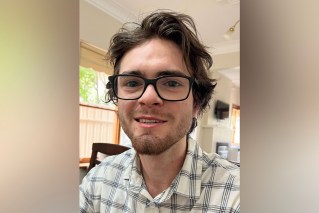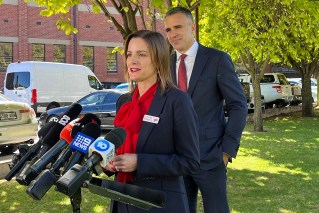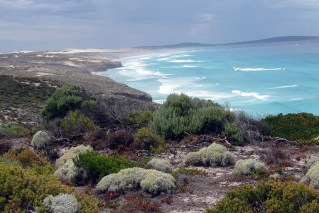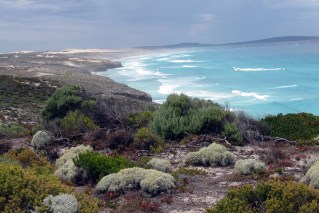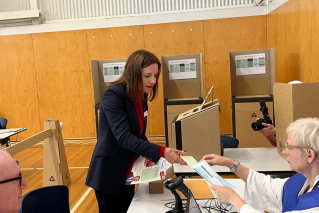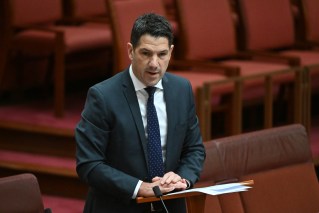Fastest driverless vehicle to hit Australian roads unveiled in Adelaide
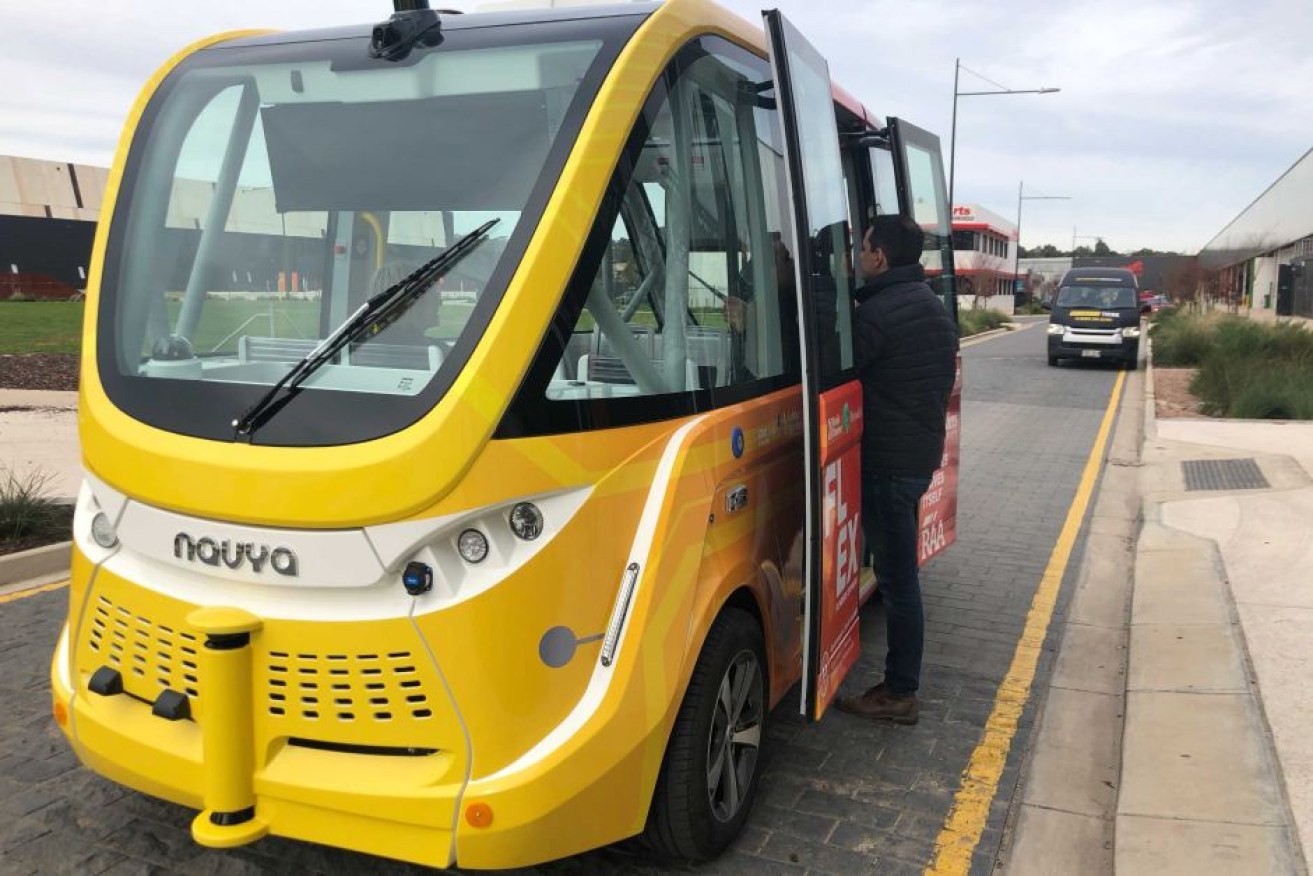
Companies around the world are racing to develop driverless vehicle technology. Photo: ABC News
The fastest driverless vehicle to hit Australia’s roads has been unveiled in Adelaide in a five-year trial to transport university students in the southern suburbs.
The Flinders Express, or FLEX, will initially operate as a shuttle between Flinders University and a nearby train station, before expanding its route within a year to include the nearby hospital.
It is the first time a driverless vehicle has been allowed on public roads in South Australia, with the State Government giving special permission for the university to proceed with the trial.
While it may be express by name, in practice the shuttle will only reach top speeds of 30 kilometres per hour.
Despite this, the vehicle will set a new speed record for driverless cars on Australian public roads.
Flinders University head of civil engineering professor Rocco Zito said there would be an elaborate commissioning process before the vehicle could go on the road.
“We map the route using GPS … it also uses odometry, lidar sensors, radar, ultrasonics,” Professor Zito said.
“The route is programmed and then it just drives along … all the speeds, all the turns, they’re all programmed in.
“The whole purpose of our trial is to gauge the community’s attitudes towards this new technology … what do we need to do to get people to be confident about the technology?”
Professor Zito said a chaperone would accompany the shuttle bus, with the power to take full control of the bus through use of a gaming console controller if anything unexpected happened.
Flinders University Chancellor Stephen Gerlach said he hoped the community would embrace the use of the bus.
“There’s always a natural concern about not finding someone behind a steering wheel, but I think that as people get more accustomed to it I don’t think that’s going to be an issue that can’t be overcome,” he said.
Driverless bus exempt from road rules
The government contributed $1 million towards the $4 million project, with Transport Minister Stephan Knoll saying the technology was an important step forward.
“I really encourage all South Australians who are interested in this to come and have a look … because autonomous vehicles are going to become part of everyday life,” Mr Knoll said.
“They are going to become part of how we deliver public transport services into the future.
“[The trial is] about bringing the community on a journey to accept this technology and accept that we’re no longer going to see people sitting behind a vehicle.”
Mr Knoll said the government’s decision to allow the trial was allowing innovation to proceed.
“This technology is safe, and the idea is in fact that autonomous vehicles will help to make our roads safer,” Mr Knoll said.
Rising prominence of autonomous vehicles

A 2015 demonstration by then Transport Minister Stephen Mullighan of a driverless car didn’t quite go to plan. Photo: ABC News
The Flinders University trial is not South Australia’s first foray into the autonomous vehicle space.
In 2015, the former State Labor Government held the first driverless car trials in the Southern Hemisphere, with Volvo conducting the tests on the Southern Expressway.
State laws were amended to permit the trials, with companies required to provide an advance notice of their plans.
But the changes did not take place without a hitch, with an automated car carrying the transport minister at the time, Stephen Mullighan, ploughing into an inflatable kangaroo during a demonstration of the technology in a media call.
Internationally, car companies are working to develop driverless technology, including Elon Musk’s Tesla.
The international market for autonomous vehicles is expected to be worth US$7 trillion by 2050.
–ABC

